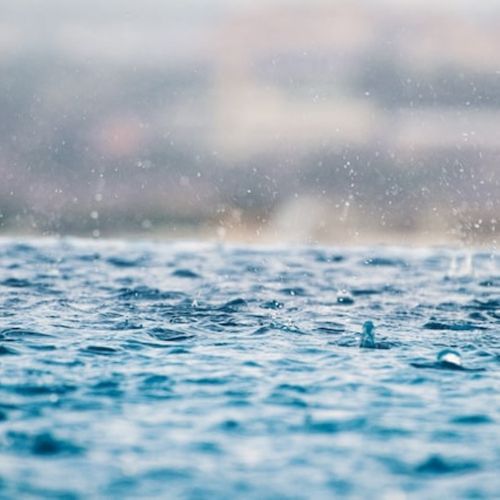Plastic Rain : How PFAs Make Rainwater Unpotable
Aug 14, 2022 · 2 mins read
0
Share

A Swedish Research team recently made the grim discovery that no rainwater that falls anywhere on Earth is safe enough for humans to drink. Containing dangerous levels of PFAs, rainwater pollution exceeds safe levels and can negatively impact our health.
Save
Share
What are PFAs? PFAs are harmful chemicals that leach from hard plastics into our environment. Found in our waters, soils, fish and in the air, PFAs are micro particles of synthetic compounds released by manufacturing processes, landfills, industrial facilities and consumer goods.
Save
Share
PFAs, or polyfluoroalkyls, are known as ‘forever chemicals’. They dissolve in water and are practically indestructible and due to their size, move through our environment rapidly. PFAs may even be in our blood, an admission manufacturing giant 3M made as far back as 1950.
Save
Share
Although medical studies are in their infancy, experts agree: being exposed to and ingesting so many microplastics and PFAs cannot be good for the body. Early research points to possible thyroid problems, fertility issues and even cancer as a consequence of unsafe levels of PFA.
Save
Share
PFAs are used in almost every industry, from construction to cosmetics. Utilised in the manufacture of waterproof, oil resistant fabrics, clothing, carpets, and non-stick cookware, PFAs were first used by chemical conglomerate DuPont to create Teflon.
Save
Share
When rainwater becomes unpotable, it affects the poorest and most remote communities on Earth first. While 2.1 billion, or 1 in 3, people don’t have access to a safe water source already, 144 million people drink untreated surface water or ground water which leads to disease.
Save
Share
Water borne illnesses kill millions every year. Cholera, hepatitis, and dysentery are some of the life-threatening diseases spread by sharing unsanitary or polluted water sources. Unsafe levels of PFAs in rainwater only exasperates water shortages and requires urgent remediation.
Save
Share
There was a time when the snowy peaks of Tibet or the ice sheets of Antarctica were the last unspoiled and unpolluted places on Earth. Now, the rich soil of the Yadong Valley and the rain on Marine Plain is just as contaminated as the rest.
Save
Share
The good news is scientists have discovered innovate ways to destroy PFAs that were previously thought impossible. Recent research shows that, using photochemical degradation, even the hardest of PFA plastics may actually be destroyed in a matter of hours.
Save
Share
Forever Chemicals might not be around forever after all, but decades of damage done to water courses may be irreversible. Water is a human right and supplying uncontaminated drinking water to disadvantaged areas must be a priority, especially after this latest report.
Save
Share
0